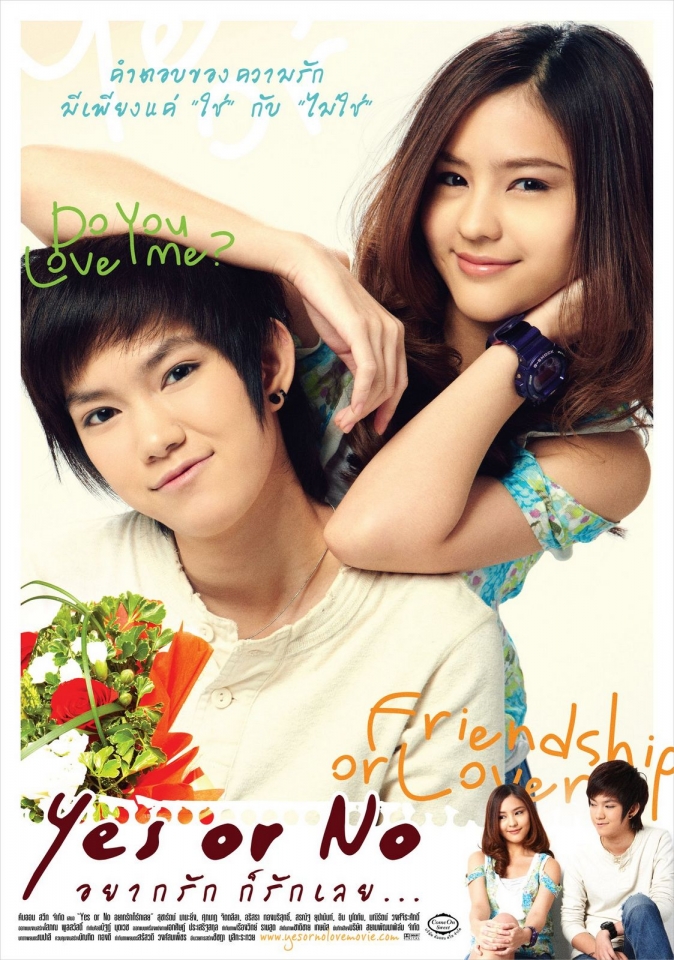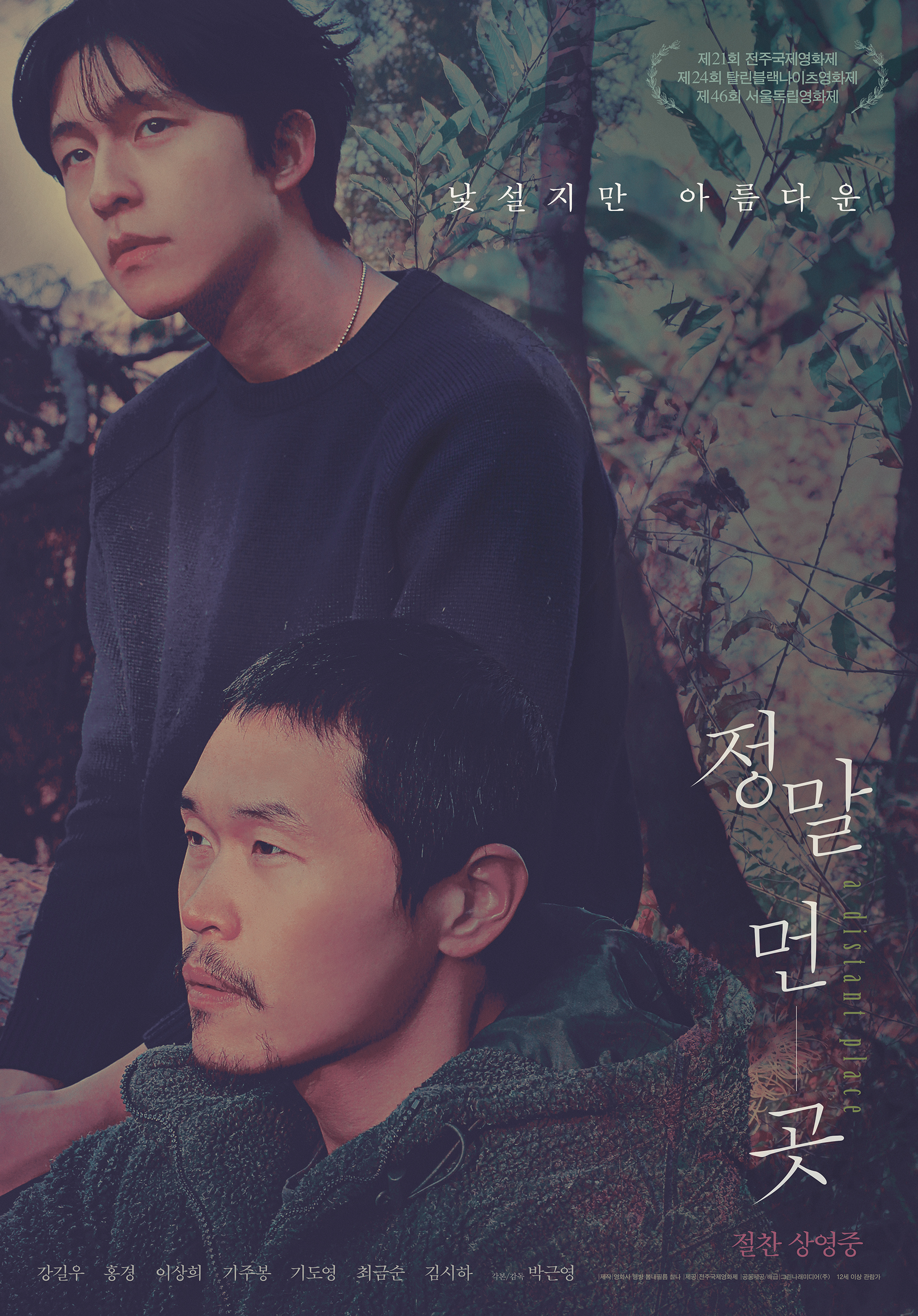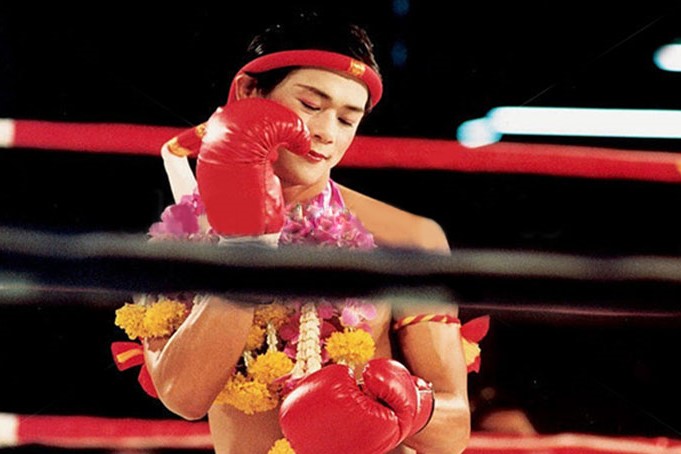
An uptight girl from a wealthy conservative family finds herself conflicted on falling for her tomboyish farmer’s daughter roommate in Saratswadee Wongsomphet’s romantic dramedy, Yes or No (Yes or No อยากรัก ก็รักเลย, Yak Rak Ko Rak Loei). Yes or no is in some ways the question each of the heroines find themselves asking struggling not only with their feelings for each other but their respective identities along with stereotypical visions of homosexuality wondering if it’s your appearance that defines you or something less visible deeper inside.
That’s something doubly true for Pie (Sucharat Manaying), who exasperatedly exclaims that she “ran away from a lesbian” and “ended up with a tom”. As the film opens we see her switching rooms in her uni dorm explaining to her mother on the phone that her previous roommate, Jane (Arisara Tongborisuth), was perfectly nice but had a lot of problems notably her heartbroken sobbing on being dumped by her latest suitor who happened to be a butch lesbian. Pie leaves that bit out in talking with her mother, later revealing that her mum hates anything gay or even androgynous and finds tomboyish women disturbing.That’s one reason why she immediately tries to switch rooms again only to run into Kim (Suppanad Jittaleela) on coming out of the shower.
For her part, Kim largely rejects the “tom” label and repeatedly reminds Pie she is a girl who happens to have short hair and is dressed in a comfortable fashion. Nevertheless, she continues to experience a degree of hostility based on her appearance, a gang of sexist boys giving up on their cheesy pickup lines while taunting her as she walks past. “She’s more handsome than me” one of them jokes as Kim ignores them with Pie looking on from an upper balcony. Kim isn’t particularly aware of her sexuality either, seeing herself as inherently different from those like Jane who readily identify themselves as lesbians while confused on two levels seeming to simultaneously believe both that Pie cannot be a lesbian because lesbians look the way she herself does and that she is not a lesbian and should not be assumed to be one simply because of her appearance in which she obviously has a point.
Pie’s animosity towards Kim is originally so extreme that, on being unable to switch yet again, she simply runs red tape down the centre of the room though she has also brought with her much more stuff than simple farmer’s daughter Kim. The resentment only really eases once she comes to appreciate that Kim has unexpected skills such as the ability to run up delicious meals in only a rice cooker. In a running gag, the supposedly masculine Kim is often afraid of childish things such as cockroaches and thunder storms, while Pie declares herself fearless but is actually deeply afraid and carrying a degree of internalised shame while confused by her changing feelings for Kim. Though they continue to grow closer, not only pulling up the tape but pushing their beds together, each continue to hold back Kim trying to figure out her identity and Pie preoccupied with her mother’s homophobia. While Pie is jealous of Jane who is also in love with Kim, Kim contends with Pie’s family friend, Waen (Soranut Yupanun), her mother’s chosen suitor and the symbol of the lingering heteronormativity that overshadows their relationship,
Then again, there may be an uncomfortable emphasis placed on traditional gender roles in which the tomboyish Kim is cast as the man, eventually trying to cement her relationship with Pie by approaching her mother for permission to date her despite knowing of her animosity to what she labels “abnormal sexuality” having taken one look at Kim on campus and exclaimed “good thing you aren’t like that or I’d be dead by now”. Kim’s farmer father and his male best friend (?) meanwhile, are far more understanding instantly welcoming Pie when she, essentially, tries to do the same thing seeking Kim’s forgiveness for having faltered in the moment and failed to stand up to her mother. While there might also be an unpleasant stereotype in Jane’s emotional instability which later leads her to the point of self harm in the depths of her unrequited love, and the gang’s gay male friend is depicted rather shallowly little more than as sassy and effeminate, Yes or No nevertheless does its best to navigate the difficult path on which the women find themselves figuring out their feelings for each other and perhaps discovering the only important question is is this love, yes or no.
Yes or No screened as part of this year’s Queer East. It is also available to stream in many territories via GagaOOLala.
Original trailer (English subtitles)


































































